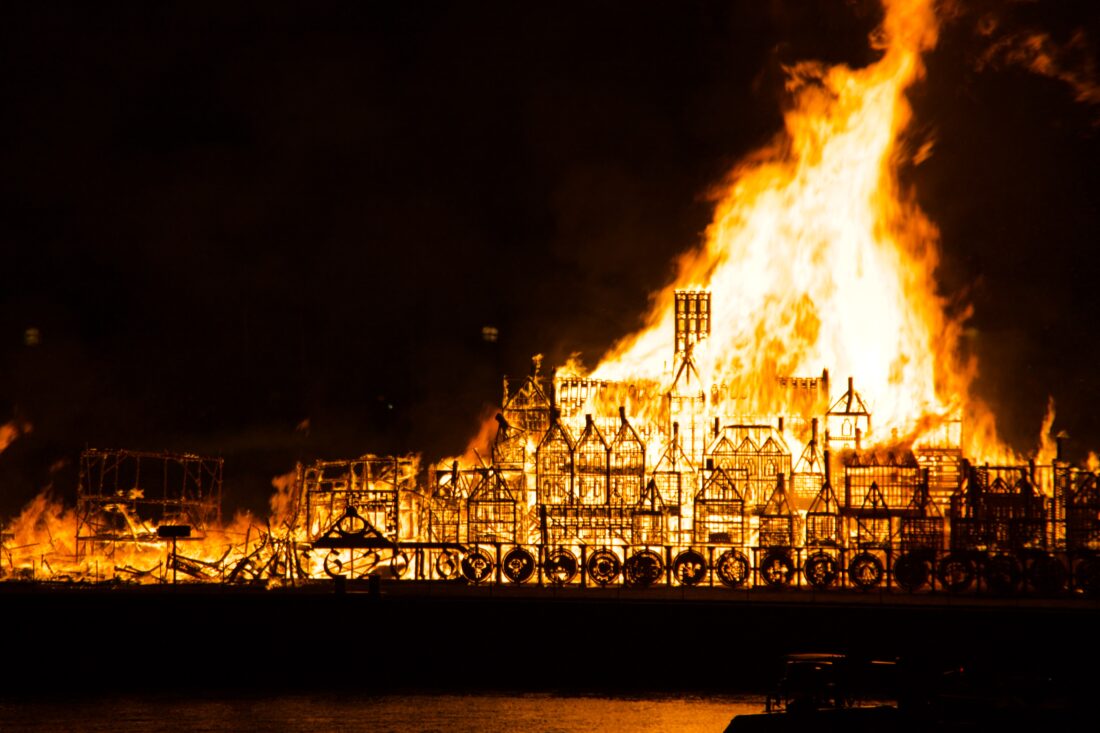A few years ago, I was going through some old papers and came across a fragile yellowed newspaper cutting celebrating the refurbished physiotherapy school in Dunedin, New Zealand.
The broadsheet report had some lovely pictures of the wooden lecture theatre and a handful of women students in uniform studiously taking notes. It was a fine piece in itself, but it was the reverse of the page that really captured my attention. When I turned the page over I saw the first reports of Rosa Parks and the Montgomery Bus Boycott — one of the pivotal moments in the struggle for civil rights in America, and it reminded me that events in the history of physiotherapy are always tied to bigger things going on in the world: that archiving physiotherapy history is never simply about celebrating the profession but putting it into context.
With that in mind, the Executive of the International Physiotherapy History Association (IPHA) has recently been talking about scanning and reproducing editorials from past journals to see how physiotherapy practices and attitudes have changed over the years. What were people saying about physiotherapy in South Africa in 1972, or in the UK in 1942, for instance?
The job would be relatively easy because my University’s library has a large and impressive collection of physiotherapy journals from around the world.
Or at least it used to have.
When I went to the library a couple of weeks ago, the entire collection of journals had gone. It seems the library had decided that it held digital archives of most of the journals, so did not need to keep the physical copies anymore. So it removed them and destroyed them. Without notification or consultation.
Ironically, I’d had a feeling that the library might want to do this, so had written to our liaison librarian back in February to ask him to tell me if he ever got wind of the collection going. I offered to take the entire collection off their hands. But the message he sent up the chain was ignored by the Library’s Acquisitions (or should that be ‘Destructions’) team, who came in, perhaps under the cover of darkness dressed as Navy Seals, and shredded the lot.
I’m writing this a couple of weeks after the event and I’ve only now calmed down enough to put fingers to keyboard. I’ve been so shocked and saddened by the loss that it’s been hard to put it all into words. But I realise I’ve also been harbouring feelings of betrayal. How could they do this, and without asking anyone first?
As a historian I’ve known many occasions where the real historical ‘juice’ lies outside the official transcript. It’s not uncommon in physiotherapy history to find some of the most powerful professional discourses in letters to the editor, equipment adverts, and professional notices. After all, very few people before 1990 read the physiotherapy literature for the articles! Sadly, those things aren’t part of the new digital archive. Only the published research articles remain.
In fact, I had only just finished writing a paper that looked at the representations of physiotherapists in photographs and used our library’s old journals collection extensively. It’s perhaps a good job I did because I won’t be able to do that now.
If there’s one lesson to be learned about this experience it is to take nothing for granted with your access to the literature. If you have a university or hospital/clinic library collection near to you, ask the guardians of the collection about their plans, and have a contingency in place in case if they ever start destroying the physical archive.
In these days of digital everything, it seems even some librarians have lost sight of what’s sometimes hiding in plain sight.


This is absolutely appalling, I can understand why you are so upset about this! Academic librarians have been trained to place more and more emphasis on current literature and, in this context, unfortunately lost their understanding that research work must also have access to archived bodies of knowledge.